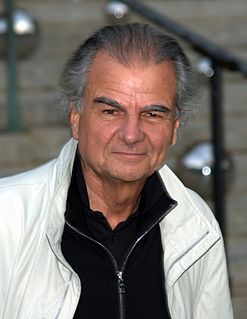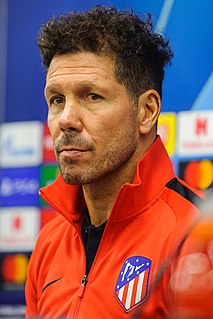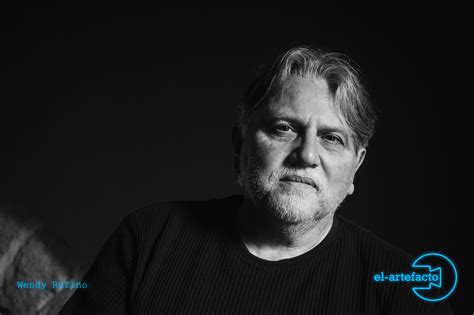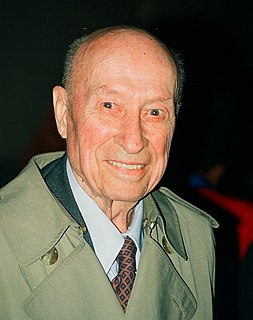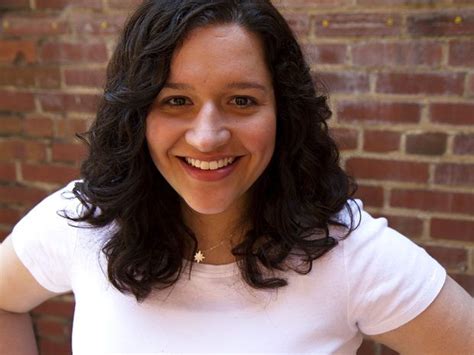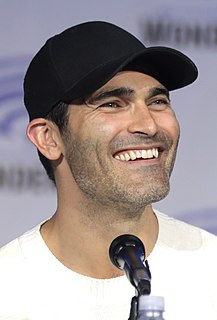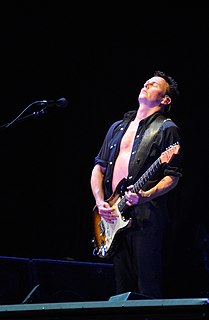A Quote by Patrick Demarchelier
Photography is like a moment, an instant. You need a half-second to get the photo. So it's good to capture people when they are themselves.
Related Quotes
My style is in the 21st century. If you look at the process, it goes from photography through Photoshop, where certain features are heightened, elements of the photo are diminished. There is no sense of truth when you're looking at the painting or the photo or that moment when the photo was first taken.
The first half of the 20th century belongs to Picasso, and the second half is about photography. They said digital would kill photography because everyone can do it, but they said that about the box brownie in 1885 when it came out. It makes photography interesting because everyone thinks they can take a picture.
No individual photo explains anything. That's what makes photography such a wonderful and problematic medium. It is the photographer's job to get this medium to say what you need it to say. Because photography has a certain verisimilitude, it has gained a currency as truthful - but photographs have always been convincing lies.
To speak technically photography is the art of writing with light. But if I want to think about it more philosophically, I can say that photography is the art of writing with time. When you capture an image you capture not only a piece of space, you also capture a piece of time. So you have this piece of specific time in your square or rectangle. In that sense I find that photography has more to do with time than with light.
I honestly think the impulse is to grab something and capture it, and not capture a moment that you want to remember, but just capture an image that you want other people to see right away. It's about how someone is going to "like" this and it's no longer an experience. It's just this constant sharing of images. I personally don't like that very much.
Something I always wanted to do, to capture that later half of the '70s. It's like the early half of the '70s is still the '60s, in that there's still kind of a playfulness and inventiveness in terms of design and the things that were going on in the culture. The second half, it got much more commodified. It's possibly the ugliest era of architecture and clothes and design in the entire 20th century, from 1975 to '81 or '82.
